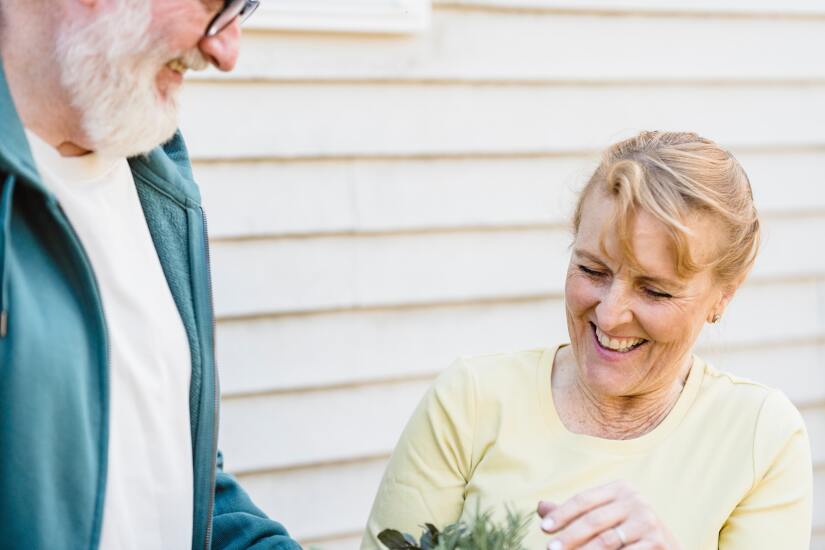"I'm busy doing what I love." These words can motivate anyone putting money away in a
Read more:
The average American will spend 18 years as a retiree, according to data from the U.S. Census Bureau. For many, the reality of
However, fears around having enough money to last through retirement, as well as declining health, are two major concerns for retirees, the survey found. Yet overall, individuals are generally satisfied with their circumstances in retirement, as 76% of retirees consider themselves to be happy, and 71% say they're relaxed, according to a study from
Read more:
To see what retirement is really like, a few current retirees shared what they're up to today, how they stay healthy in mind and body, and why retirement is a great time to embrace the unexpected.






